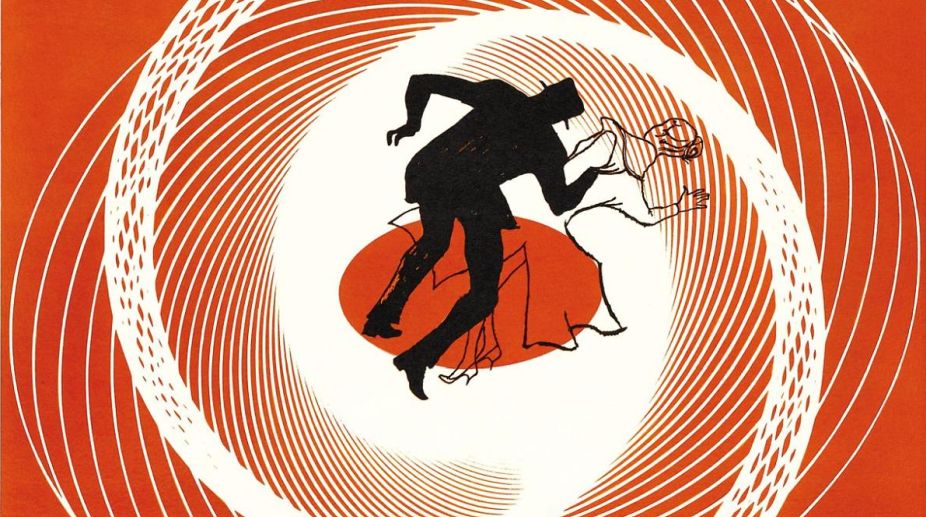Aclassic Hollywood movie festival organised by Navrasa Duende, received an outstanding response from viewers across all age groups in the Capital as it celebrated the legacy of two of the most influential movies, Vertigo and It's a wonderful life, directed by legendary directors Alfred Hitchcock and Frank Capra respectively.
Alfred Hitchcock, the incredible director, who brilliantly integrated sex, humour and suspense in his movies, passed away over three decades ago. But still the legacy of films he made continues.
Advertisement
His work has influenced many of the great directors today, especially in the genre of thrillers. Hitchcock, whether consciously or subconsciously, portrayed his frustrations, fears, and fantasies with the opposite sex through his leading actors and films. This ultimately allows us to take a look at his past.
When Hitchcock was five-yearsold, his father sent him down to the local police station with a note and after the chief of police read the piece of paper he locked the young boy in a cell for five to ten minutes, declaring as he finally arrived back to unlock it that “this is what we do to naughty boys”. The effect of this was life changing. It is fair to assume the director developed detrimental anxiety from being locked up in a police cell at the tender age of five. Imagine the frustration one might endure if they saw the world as a place that they did not belong in.
Perhaps if Hitchcock were alive today, he could provide us with some answers. Luckily, he provides some of these unanswered questions through his films. The way Alfred Hitchcock with split personality disorder in his classic Psycho, by taking universal emotions, like fear, guilt and lust, placing them in ordinary characters and developing them in images more than in words make him one of the best directors of all times. His most frequent character, an innocent man wrongly accused, inspired much deeper identification than the superficial supermen in today's action movies.
Capra, who favoured extensive rehearsals before shooting a scene, developed his mature directorial style while collaborating with Stanwyck, a trained stage actress, whose performance steadily deteriorated after rehearsals or retakes. Stanwyck's first take in a scene usually was her best. Capra, a genius in the manipulation of the first form of “mass media”, was opposed to “mass-ism”. In an interview, Capra said he was against “mass entertainment, mass production, mass education, mass everything”.
Capra was a populist and is defined by the simplicity of his narrative structures. The depiction of the life of George Bailey, a young man who wants to explore and live life to the fullest but forced to run his father's legacy, building and loans, perfectly sums up how life and dreams get trapped in the cages of harsh realities.
Capra in his film It's a Wonderful Lifehad touched upon every subtle human expression like dreams, lust, greed, insecurities, love and jealously. How George Bailey accepts the reality and binding to his veracity and character, works for the betterment of the people of Bedrock Falls, completely matches one’s own life, and one can easily empathise with the characters decorated by Frank Capra himself.
Ecstatic with the response at the Classic Movie Festival, Dinesh B Singh, founder, Navrasa Duende, said, “The timeless themes and memorable characters in these films have captured the hearts and imagination of viewers and influenced generations. It's not very often that we get an opportunity to view movies created by such gifted directors of the golden era. Both the directors are unique in their style and approach and are ingenious in their own way.”
Frank Capra and Alfred Hitchcock are undoubtedly the most influential story tellers of all time and to understand their true worth it won't be improper to quote Clarel, a Guardian Angel from It's a Wonderful Life, who says, “Strange, isn't it? Each man's life touches so many other lives. When he isn't around he leaves an awful hole, doesn't he?”











